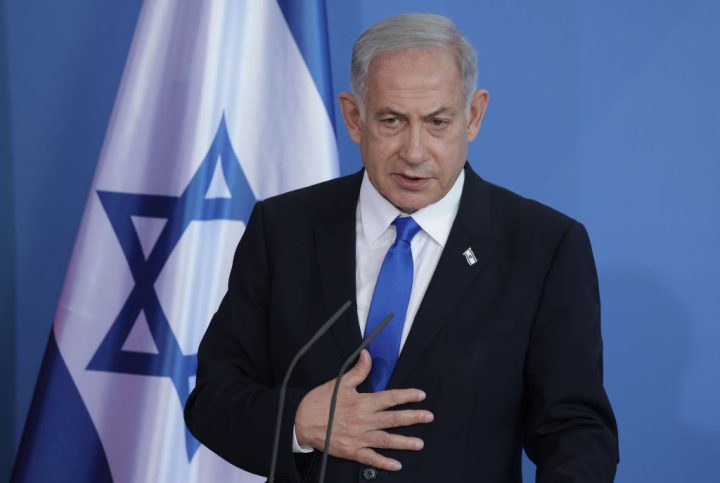Today was supposed to be the day we sent our kids back to nursery. For two weeks, my toddler and baby have been home with a nasty stomach bug that turned out to be shigella, a bacterium that causes dysentery and that has been ripping through Israeli troops in Gaza. Then, on Saturday night, Rear Admiral Daniel Hagari, spokesperson for the IDF, announced that schools and nurseries would be closed nationwide today, due to the Iranian threat.
Already a subscriber? Log in
Subscribe for just $2 a week
Try a month of The Spectator Australia absolutely free and without commitment. Not only that but – if you choose to continue – you’ll pay just $2 a week for your first year.
- Unlimited access to spectator.com.au and app
- The weekly edition on the Spectator Australia app
- Spectator podcasts and newsletters
- Full access to spectator.co.uk
Or




















Comments
Don't miss out
Join the conversation with other Spectator Australia readers. Subscribe to leave a comment.
SUBSCRIBEAlready a subscriber? Log in